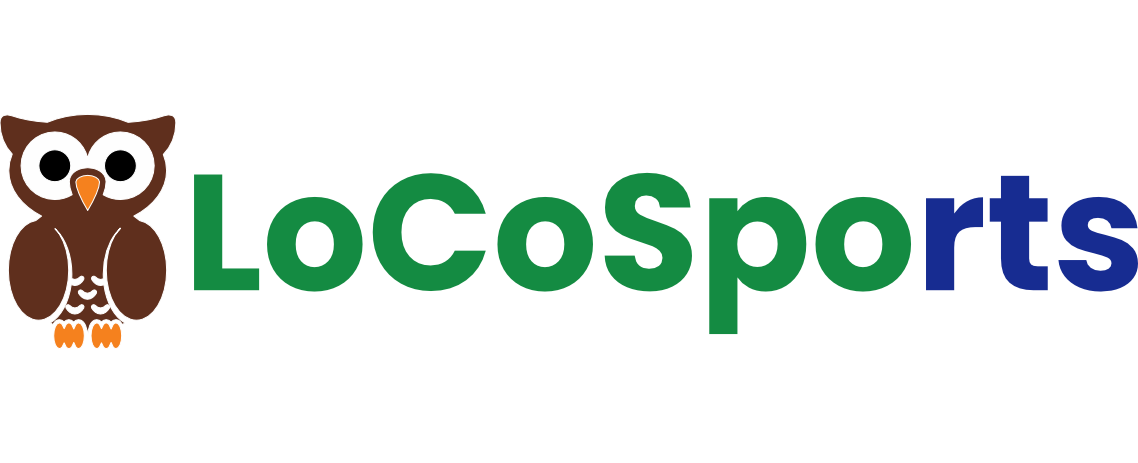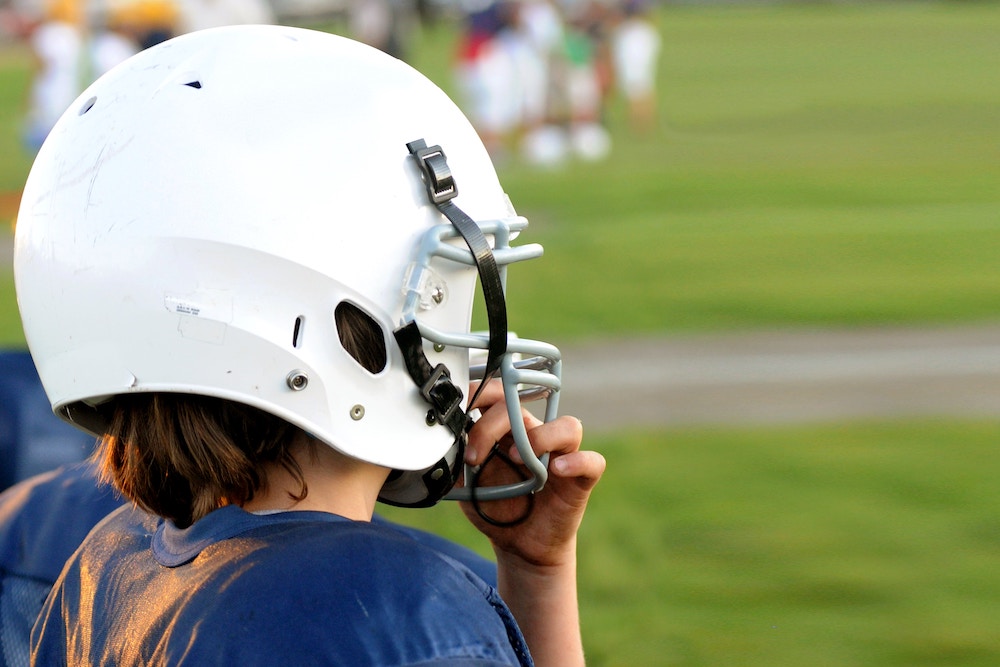Loudoun County, Va. — The body was created to heal itself under the right conditions. With any injury, an inflammatory process begins to help repair and realign tissue that has been disrupted in some way. The body begins this process on its own, but is aided with the help of proper nutrition. What you place in your body can either help or hinder this healing process depending on the vitamins and minerals its made up of, or the “anti-nutrients” it contains that slow down proper nutrition absorption.
Healing for concussions is similar. The body is already going to begin a healing process, but good nutrition during this vulnerable time is key. Because there is such an energy crisis within the brain, not to mention possible structural damage, there is a need for increased fats, protein, and other elements for the body to absorb and put to use.
So what does the brain and body respond to?
Although studies are still developing about how much of what should be eaten, there are some foundational principles for brain nutrition based on these studies:
- Good Fats: Ketogenic diets have more recently used for many health needs. Ketogenic or “keto” for short is made up of mostly fats and little to no carbohydrates. The thought process for concussions is that the body would rely on ketones being produced instead of glucose to supply energy to the brain, since there is already a depletion of glucose after a brain injury. The reliance on ketones is also said to decrease the amount of negative byproducts and help the mitochondria become more efficient at creating ATP, a necessary component for energy production in your cells. Omega 3’s are also necessary for brain health as they have been shown to decrease nerve swelling, increase nerve repair, and improve cognitive function.
- Protein: Eggs high in Omega 3’s, Grass-fed Meats, and other healthy meats are great options. The body needs essential amino acids as building blocks to help with protein synthesis to help rebuild cell structures that have suffered damage, as well as aid in energy metabolism.
- Probiotics: Yogurt and other fermented foods. Probiotics positively affect the bacteria in your gut, which has been show to have a direct correlation with the brain and its production of neurotransmitters. The Vagus nerve connects the brain and the digestive system! Molecules produced by gut microbes also send signals to the brain, so a healthy gut leads to a healthier brain.
- Whole Foods in general: Nutrient dense foods that are not processed and don’t have added chemicals and toxins are generally beneficial to good health. Vegetables, fruits, sprouted and whole grains. Mental/emotional and physical health are all likely to be affected by concussions, not just due to a change in daily life style, but biomechanically due to immune suppression and other side effects due to a lack of equilibrium in the body itself. Loading up on nutrition is your best bet to give yourself a better chance at healing.
Elements thought to slow or inhibit healing and processing of the brain:
- Alcohol: Already a depressant, alcohol should be avoided especially for those with concussions as depression can often develop after a brain injury. Safety is a huge component as well, so drinking and having impaired judgment and balance can place you at risk for further injury.
- Processed sugar/Artificial Sweeteners: candy, cookies, junk food. Among the many ways that sugar influences the body, it has been shown to suppress an important growth hormone that promotes the health of neurons in the brain and memory function. Sugar is also know to suppress the immune system, which affects the brain when its low functioning. Artificial sweeteners have been linked to
- Caffeine: Lots of caffeine can bother the central nervous system, which is vulnerable at this time and needs the best environment for healing. It’s also considered to be a stimulant, which can increase experienced symptoms unnecessarily.
These are suggestions regarding good brain health and healing for concussion management based on recent research. Studies are still developing around the nutritional guidelines for concussion management.
Note from our sponsor: If you have been diagnosed with a concussion don’t wait! Call LSTC today at, 703-450-4300 to schedule your appointment and get started with our concussion management program!
[adrotate banner=”13″]


